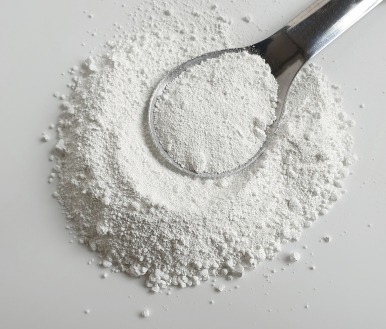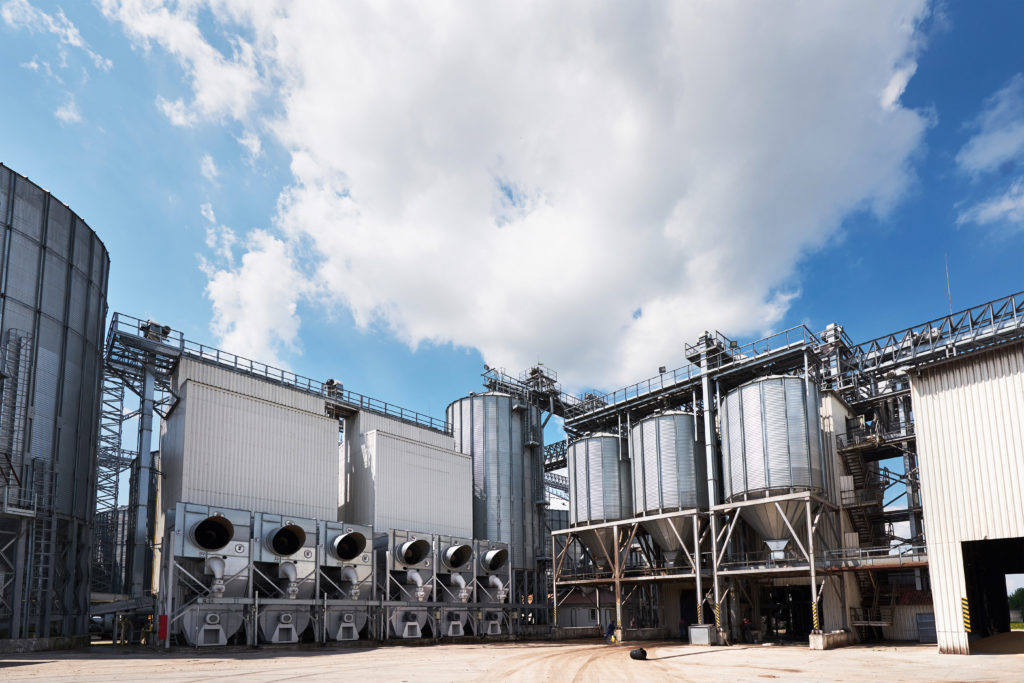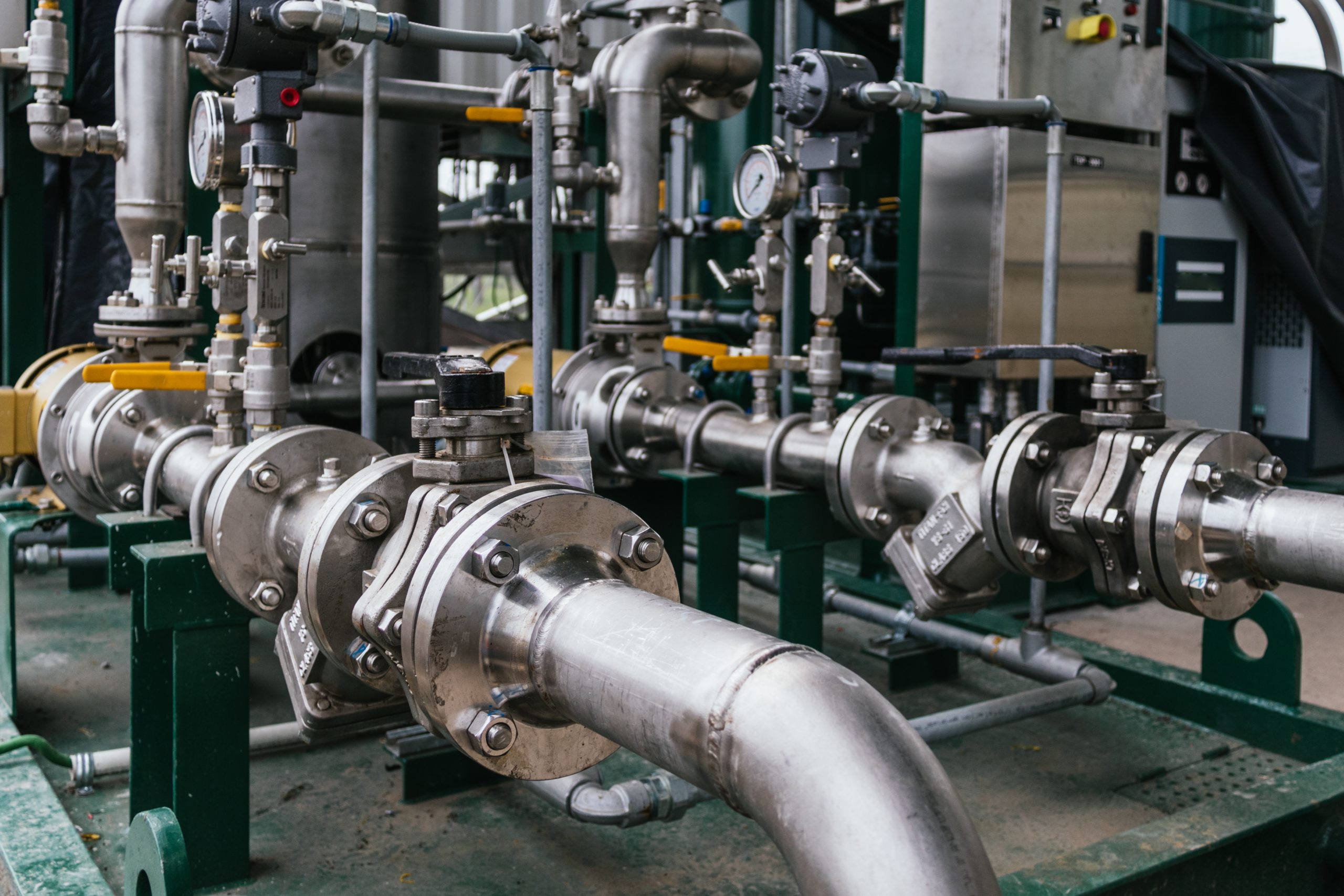What is Calcium Hypochlorite

Calcium hypochlorite exists as a white granular powder and has the formula of Ca(OCl)2. It has a strong scent of chlorine but is more stable than chlorine. It exists as both anhydrous and hydrated forms, giving a basic aqueous solution.
The basicity of the solution arises from the hydrolysis reaction, where calcium hypochlorite is broken down into hypochlorous acid and calcium hydroxide. The basicity outweighs the acidity property since calcium hydroxide is a strong base and hypochlorous acid is a weak acid.
Calcium hypochlorite is a good chlorine derivative and can release chlorine upon reactions. Calcium hypochlorite can react with carbon dioxide to form calcium carbonate, releasing dichloride monoxide. Similarly, calcium hypochlorite can also react with hydrochloric acid to form calcium chloride, water and gaseous chlorineIt is a solid substitute for liquid sodium hypochlorite for water treatment and bleaching.
Manufacturing Process


Calcium Process
Calcium hypochlorite is manufactured using the calcium process, where chlorine is added to calcium hydroxide, yielding calcium hypochlorite, calcium chloride and water. However, this method was not very effective and became obsolete. It was replaced by the sodium process, which accounts for 70% of the total production of calcium hypochlorite.
Sodium Process
Calcium hypochlorite can also be manufactured using sodium process by chlorination of a slurry of lime and caustic soda and then dried under vacuum.
2 NaOH + Ca(OH)2 + 2 Cl2 → Ca(OCl)2 + 2 NaCl + 2 H2O
Chlorination
Calcium hypochlorite can be manufactured by chlorination of hydrated lime.
2 Ca(OH)2 + 2 Cl2 → Ca(OCl)2 + CaCl2 + 2 H2O
Drying
Calcium hypochlorite may be achieved by drying a filter cake of neutral calcium hypochlorite dihydrate containing 30-50% water.
The Uses of Calcium Hypochlorite



Calcium Hypochlorite is used in industry, pharmaceutical, and personal care preparations. Calcium hypochlorite is a good chlorine derivative and can release chlorine upon reactions. Calcium hypochlorite can react with carbon dioxide to form calcium carbonate, releasing dichloride monoxide. Similarly, calcium hypochlorite can also react with hydrochloric acid to form calcium chloride, water and gaseous chlorine.. Besides, there is still much more about the use of calcium hypochlorite.
Textile Industry
Calcium hypochlorite is a strong oxidizer and is considered more stable than sodium hypochlorite. It is also believed to provide more chlorine as for textile bleaching.
Purification
Calcium hypochlorite is typically sold in powder and various-sized pellets, tablets, and briquettes. Granular calcium hypochlorite can be “broadcast” directly into water, or mixed with water and fed as a solution. It is useful because it can disinfect the drinking water.
Pharmaceutical Industry
Calcium hypochlorite can also be used in the haloform reaction to manufacture chloroform.
Cleaning Industry
As stated earlier, calcium hypochlorite is also commonly used for cleaning agent. In industrial, it is used as a cleaning agent to clean drinking water and water of the swimming pools.
Paper Industry
In pulp manufacturing processes, the interaction of lime and chlorine is used in the preparation of calcium hypochlorite bleach liquor. Calcium hypochlorite, the oldest known and lowest cost bleach, is used extensively to bleach the pulp to the desired degree of whiteness.
Other Applications
As a sanitizer in the food, beverages, dairy and hospital industry to sanitize the tools and containers.
